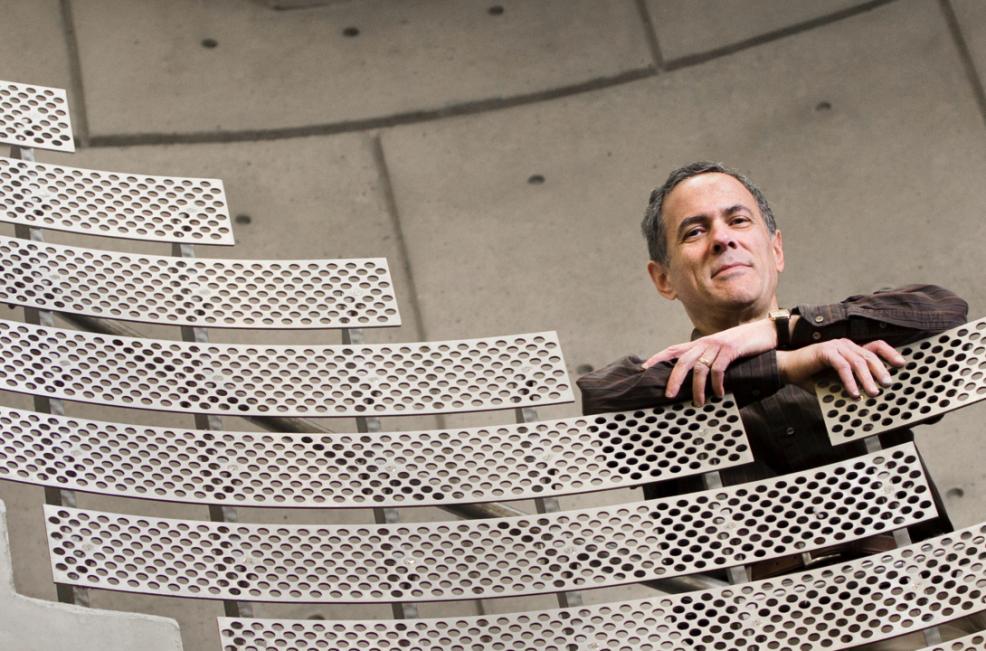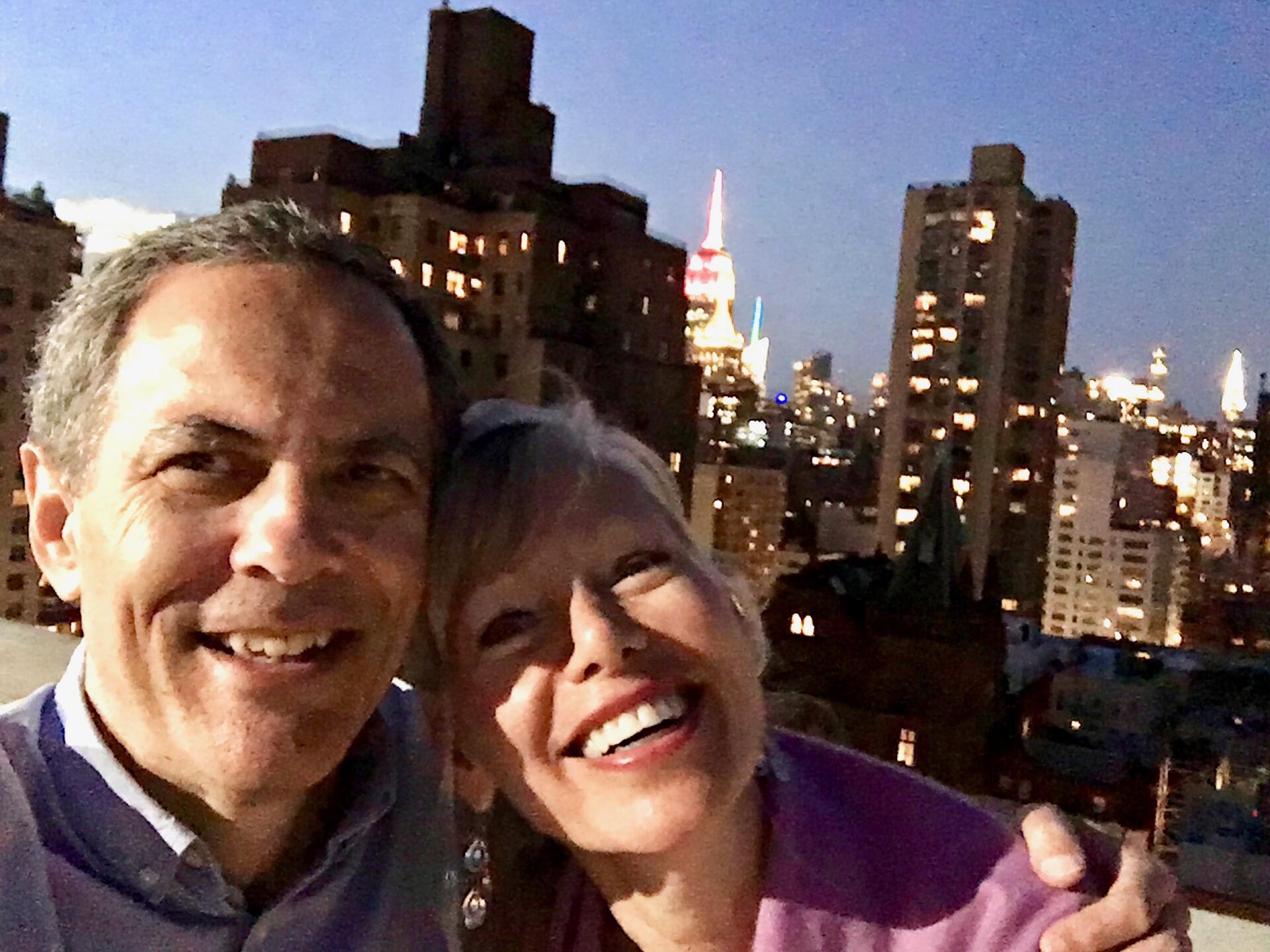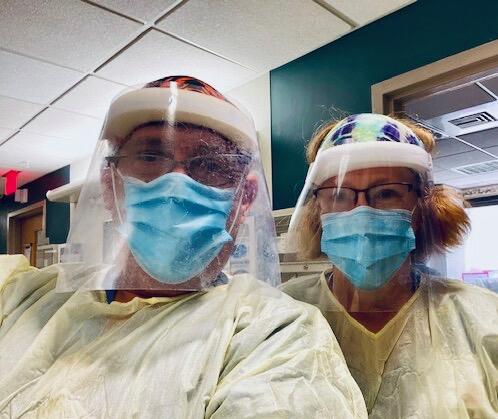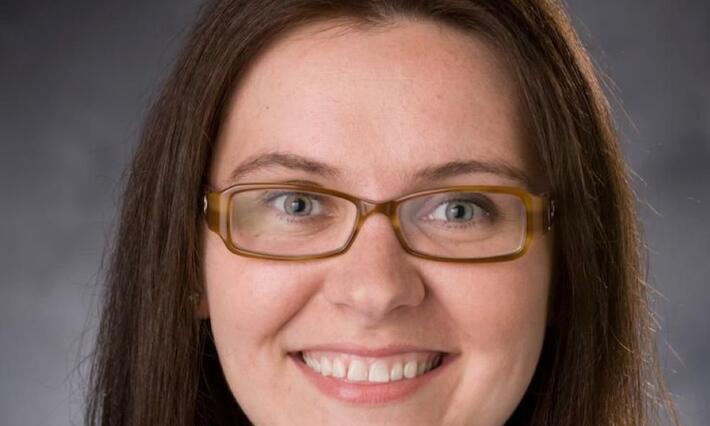
Neil Spector, MD, a nationally recognized Duke physician-scientist, translational research leader, and oncology mentor passed away on Sunday, June 14, 2020, at the age of 63. In September, during Blood Cancer Awareness Month — his widow, Denise Spector, PhD, opened up about his final months spent fighting cancer during a pandemic and expressed her gratitude for “all the brave and wonderful health care heroes who cared for and supported us during his difficult health journey."
In early March 2020, Neil Spector, MD, was diagnosed with a clinically aggressive post-transplant lymphoproliferative disorder that would, over the course of only three-and-a-half months, lead to two visits to Duke University Hospital’s Emergency Department plus five hospitalizations — mostly in the hospital’s 9100 unit, and finally in one of Duke’s intensive care units where he passed away, shared Denise.
Post-transplant lymphoproliferative disorder (PTLD) is a rare, but well-known complication of organ transplants and hematopoietic stem cell transplants. [Dr. Spector had undergone a heart transplant in 2009 following a long battle with Lyme Disease that irretrievably weakened his original heart causing near-fatal heart failure.]
The condition can develop in transplant patients when drugs meant to suppress the activity of the immune system after a transplant (so that the recipient doesn’t reject the transplant) weaken the immune system to the point of allowing either a new Epstein-Barr Virus (EBV) infection or a reactivated EBV infection to proliferate in more and more of the body’s B cells.
The EBV virus latently infects more than 90% of the world’s adult population. Primary EBV infection of the B cells — the antibody producing cells of the immune system — is not usually associated with disease and the infection typically leads to the development of immunity for life. However, if, post-transplant, the body’s T cells, because of the immunosuppressive drugs, are unable to recognize and kill those EBV-infected B cells, the cells can grow continuously and transform into lymphoma.
Dr. Spector’s initial diagnosis — a sub-class of PTLD called polymorphic PTLD with Epstein-Barr virus (EBV) positivity, often has a better prognosis than the PTLD subtypes that behave more aggressively (i.e., monomorphic PTLD and Hodgkin’s lymphoma-like PTLD). This led him to believe that he could overcome this new health challenge with the standard treatment for this condition: a combination of chemotherapy, Rituximab and a reduced dose of the immunosuppressant drugs he’d been taking.
In early March, Dr. Spector was originally cared for on one of the cardiac units of Duke University Hospital because of his heart transplant history. With a diagnosis of PTLD/lymphoma, he’d spend much of his final months being cared for on the 9100 unit of the hospital — where seriously ill blood cancer patients are treated. By May it became apparent, by his clinical decline, that the standard treatment wasn’t working. His disease was suddenly behaving more like a severe aggressive lymphoma.







